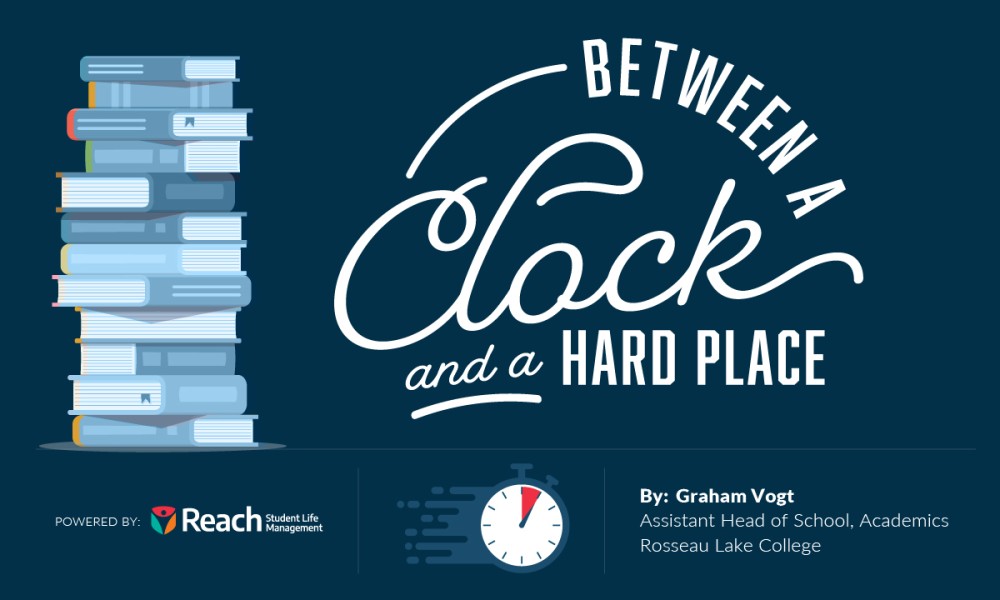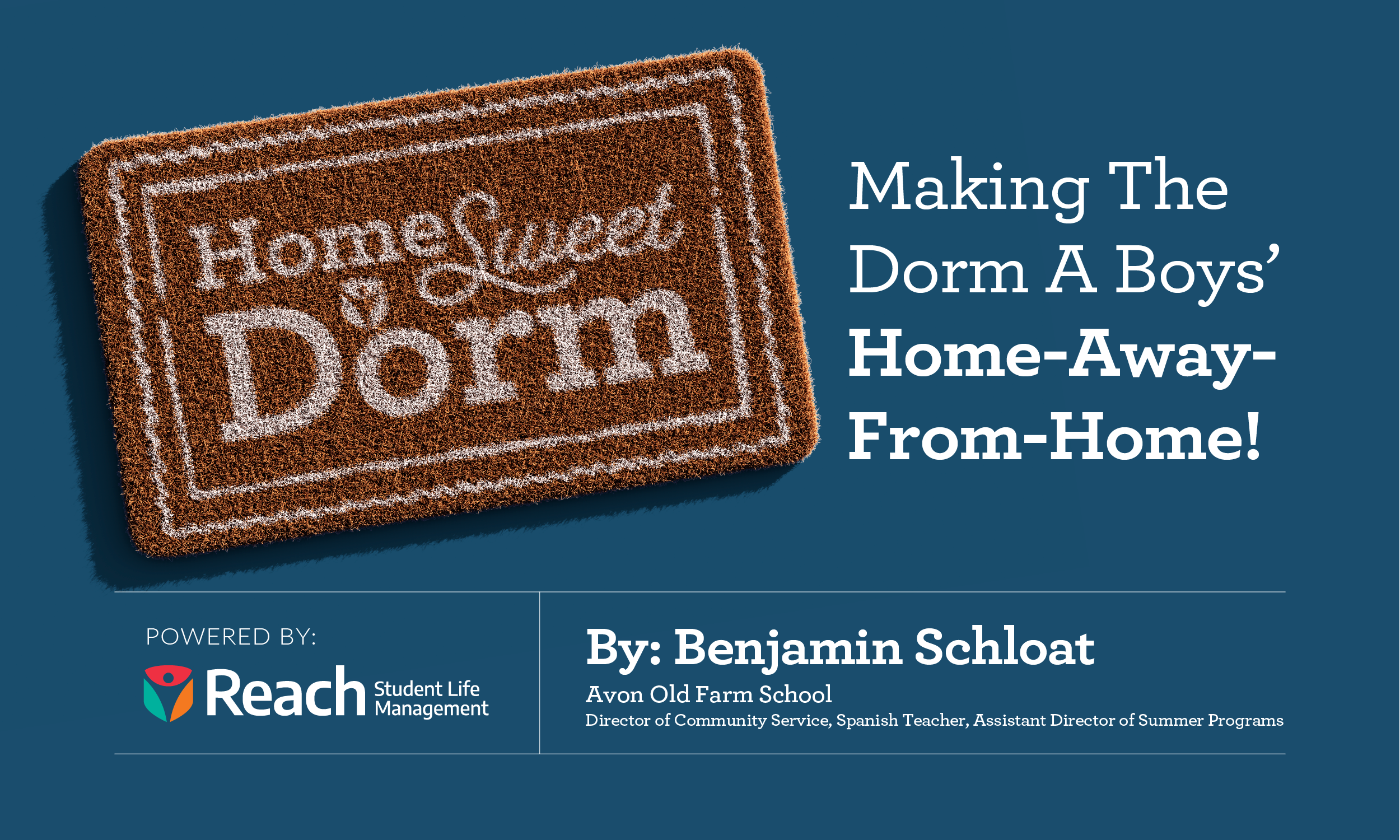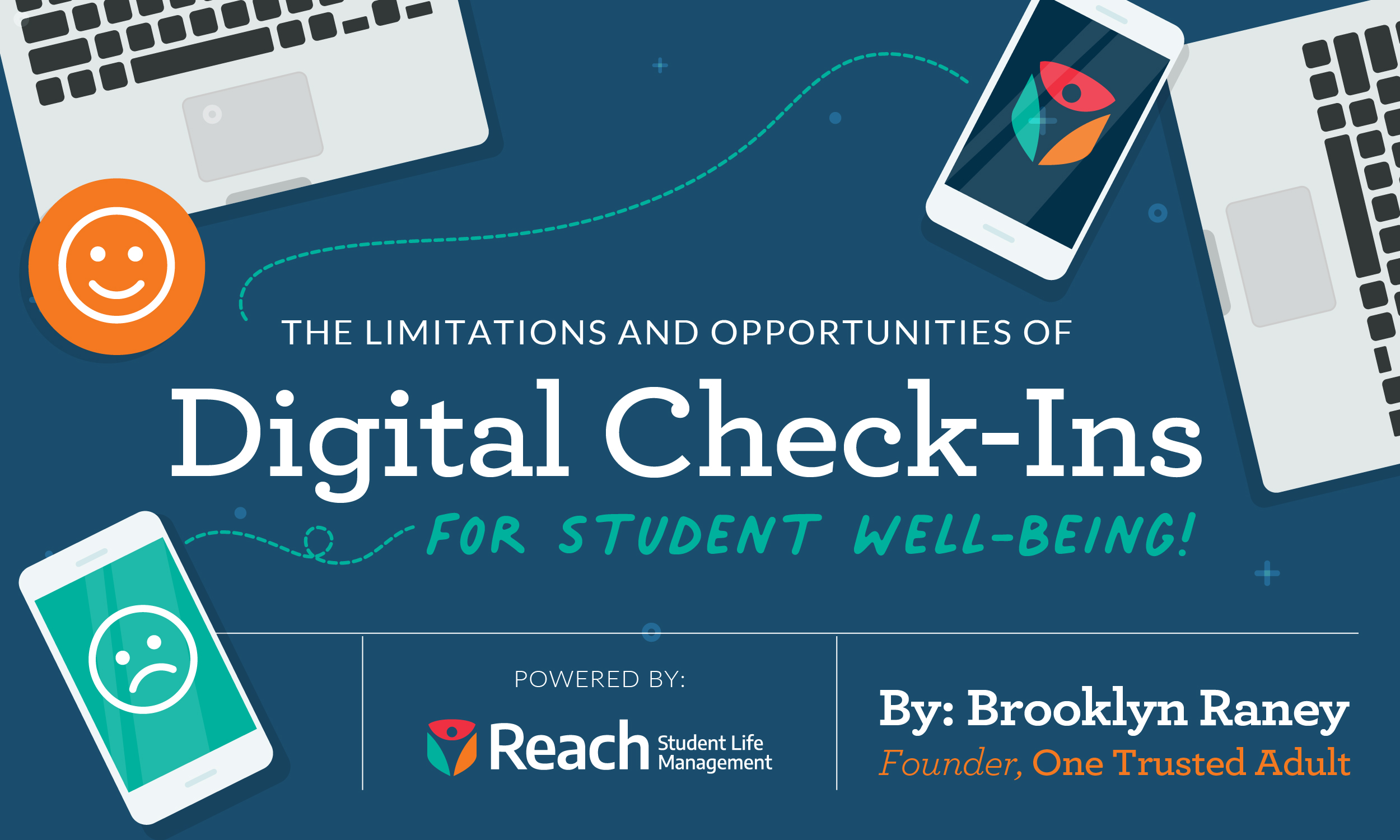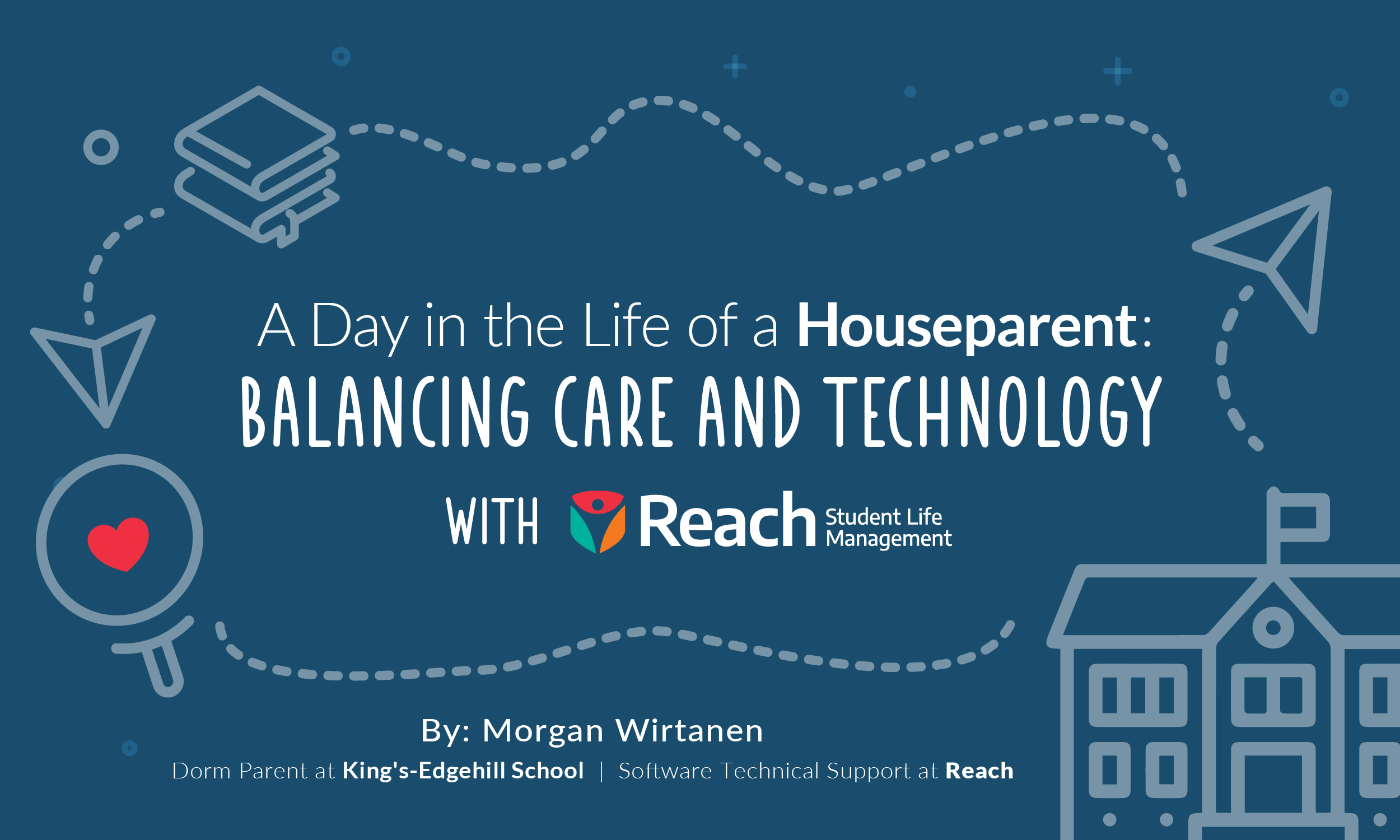I am sure you have felt it. We all have. It is before us each day, present in the vast range of urgent needs of each student, as complex as their long and certainly winding journeys. As we emerge, and are witness to the slow and confusing awakening of our students, from these years of disruption and distance, it can be hard to know where to begin. The tapestry of needs is vast. On one extreme is a concerning learning gap; on the other is the wellness of our students. Too often, these extremes act as opposing forces, confusing our personal pedagogies. Perhaps the dichotomy has thrown your teaching and learning culture into uncertainty. I will contend that as new as all of this feels, what we are currently experiencing is in fact the exasperation of a well documented, ancient tension within a world and life bent on motion, continually turning our eyes to what lays ahead, missing what lays before.
If the issues we are currently facing in our schools are not quite new, then perhaps the guidance we require is more of a reaffirmation than a revelation. For instance, these days I find myself in continuous contemplation of the unhealthy correlation between speed and learning. This is surely because every part of the school experience feels sped up right now. I believe we know that there is, in fact, no relationship between speed and intelligence except for the widespread bias we maintain towards it. Yet, somehow, in our daily practice, perhaps exacerbated by the so-called “learning gap”, we insist upon this correlation. The urgency we create in a class too often reflects our fixation with outcomes and achievement: Do it right, do it well, and, for goodness sake, do it “on time.” When we ask a question, how often are we requiring an answer now? The one who finds it first is recognized and therefore rewarded. We are not only perpetuating a false construct of intelligence, but we have removed the precious space essential to inquiry, discovery, epiphany and lasting learning. Furthermore, we are dismissive of the very real, lived experiences and needs of our students, and the opportunity for us as educators to properly connect to those needs.
Slowing down and connecting students to learning through lived experiences that we both allow for and create, can feel like a big ask. It is as big as the challenge of fully abstracting our pedagogy from the traditions embedded within not only education, but also ourselves. What we are doing in the process, however, is understanding that by accounting for the very real social and emotional needs of our students, we are also better preparing the students for the inevitable challenges of the path ahead. Much more than breadth, outcomes and content, we are favouring depth, experiences and essential skill development.
The ticking of the clock that we all hear, getting louder and faster, is not a signal to speed up. It is a reminder to slow down. If you are feeling a sense of urgency in your learning culture, then your students certainly are as well. As we care for our students, and search for just the right approach, honouring the immediate moment has never been more important.





